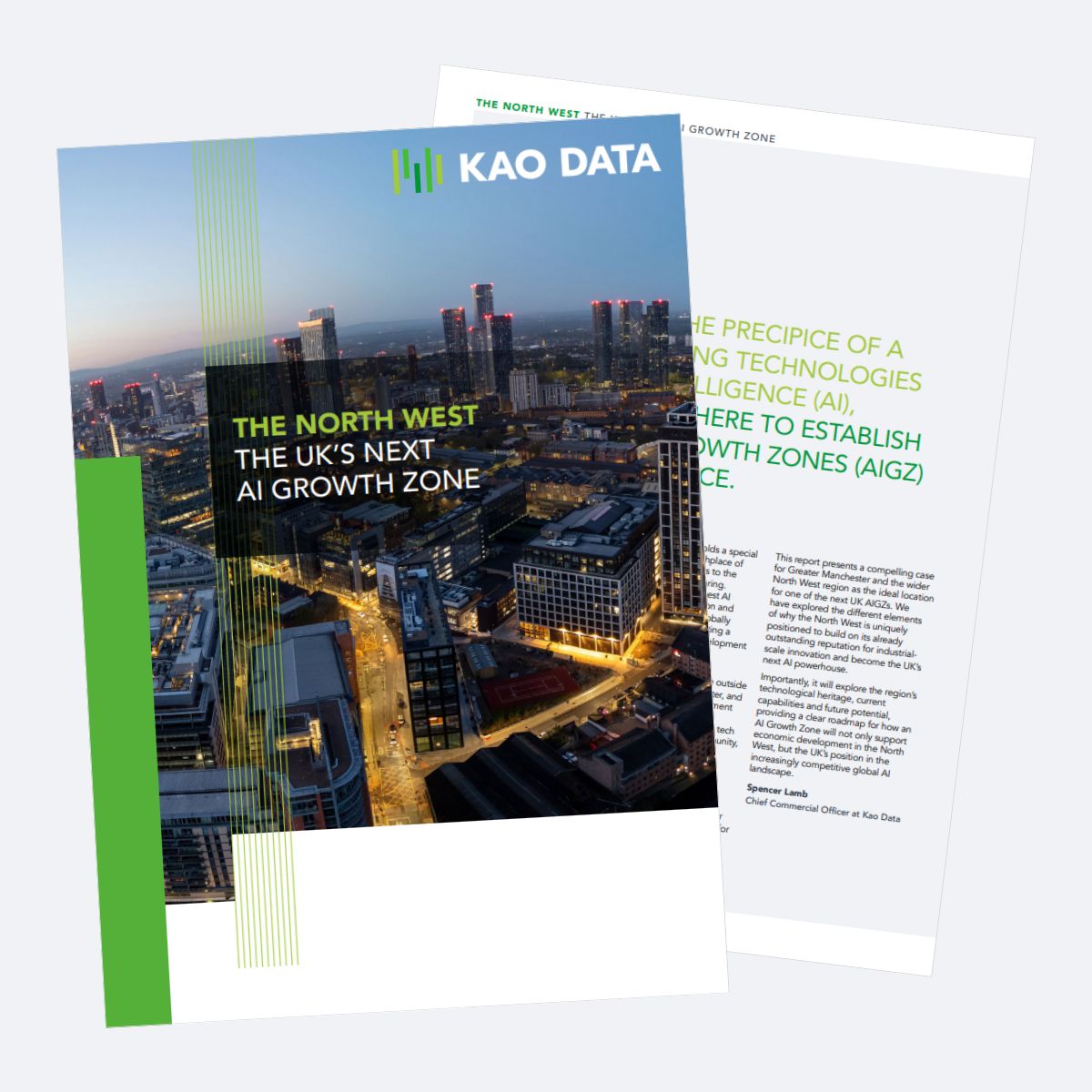These changes impact UK sponsors and their obligations when sponsoring workers and can be summarised as follows:
Confirmation that sponsors cannot recover sponsorship costs from workers
The Immigration Rules and Home Office guidance for sponsors has now been updated to clarify that it is prohibited for sponsors to recover sponsorship fees or associated administrative costs from their sponsored workers.
It’s long been the case that sponsors were prohibited from recovering the Immigration Skills Charge payment from their workers and a cautious approach has always been for sponsors to not recover any fees relating to sponsorship, as this was understood to be the Home Office stance (despite the lack of clarity in guidance).
However, this approach has now been clarified in guidance and it is confirmed that the prohibition on recovering costs will include all fees relating to sponsorship, such as the CoS fee, Immigration Skills Charge, and licence application fee, but also ‘associated administrative costs’ which the Home Office clarifies to mean any fees for premium/priority services or legal advice regarding all elements of the sponsorship process.
Changes to how salaries for sponsored workers are calculated
The rules for how salaries are calculated for the purpose of meeting salary thresholds to sponsor Skilled Workers have changed.
There is now a requirement that any deductions from a sponsored worker’s salary, or repayments of loans, or investments made by a sponsored worker, will need to be subtracted from their salary level for the purpose of calculating and meeting the minimum thresholds for sponsorship.
This means that where a sponsor agrees to cover the visa application fees and immigration health surcharge for a sponsored worker and will recover these payments via a loan repayment agreement, the amount they will pay must be subtracted from the salary that the sponsor is promising to pay the individual.
The subtraction will be averaged over the length of time the individual will be sponsored for, for example, if a sponsor pays £3,874 to cover the costs for an individual’s 3-year Skilled Worker visa application, then a subtraction of £1,291.33 will need to be deducted from the annual salary level rate being promised for the 3-year sponsorship period. If this subtraction was to bring the salary offered below the minimum level for sponsorship, the visa application would be refused by the Home Office.
The rules go on to confirm that the above change relates to payments for business costs, immigration costs, or investment into the business, but would not extend to benefit arrangements such as a salary sacrifice benefit, which an individual has a genuine choice whether to take up.
Increased application fees and sponsorship costs
Fees for the sponsorship process have increased significantly, such as:
- The CoS fee, which has more than doubled from £239 to £525 per CoS being assigned;
- The fee to apply for a sponsor licence, which has increased from £536 to £574 for a small sponsor, or from £1,476 to £1,579 for a medium/large sponsor;
- The fees for Skilled Worker visa applications which have increased across the board.
Sponsors’ right to work check obligations
Home Office guidance for sponsors has been updated to clarify that sponsors must conduct right to work checks for all sponsored workers regardless of their employment status, for example, even if they are self-employed.
Guidance now clarifies that there is currently no requirement to establish a statutory excuse in respect of these non-direct employees under the statutory civil penalty scheme (applying to all UK employers), but that correct right to work checks must be conducted in order for sponsors to comply with their sponsor duties.
Despite this clarification, we continue to recommend that all employers (not only sponsors) conduct right to work checks for their non-direct employees where possible.
A recent announcement from the Home Office indicated their intention to extend the right to work check and statutory civil penalty scheme to businesses hiring gig economy and zero-hours workers. This would make it a legal requirement for businesses in sectors like construction, food delivery, beauty salons and courier services, to conduct right to work checks for those non-direct employees. It’s therefore recommended to consider and prepare for the change ahead of this becoming legally mandated, the date for which has not yet been confirmed.
Further, the Home Office also recently published a report which highlighted significant issues with UK employer’s understanding and compliance with the right to work check scheme. Their research found that despite 89% of businesses believe they’re following the scheme correctly, there was still 80% of employers who answered at least one compliance question incorrectly. In particular, they found that some employers, particularly those hiring agency workers, incorrectly believe that third parties or employees themselves are responsible for right to work checks (62%). They also identified numerous issues with employers’ understanding surrounding the acceptable documents to prove right to work, or when to recheck documents.
The recent updates from the Home Office regarding right to work checks show they are reconsidering and planning to extend the right to work check and civil penalty scheme in the near future and this is something that UK employers should be mindful of, and prepare for.
Introduction of the new ‘care worker recruitment requirement’
This is a new requirement for sponsors to comply with before sponsoring individuals as a care worker or senior care worker to work in England.
When sponsors are assigning CoS for care work roles from 9 April 2025, they will now be required to attempt to recruit for the role from a pool of ‘displaced workers’ before they can sponsor a migrant worker in the role, unless certain exceptions apply.
There is no exception to this requirement if the individual being sponsored is outside the UK, meaning that sponsors will always need to take this additional step when sponsoring from overseas. However, there are two exceptions which apply to individuals being sponsored within the UK:
- When the individuals is in the UK and is already being sponsored as a care worker or senior care worker; or
- When the individual is already in the UK with permission to stay in a different immigration route, but has been legally working for the new sponsor as a care worker or senior care worker for at least three months before the date of their application.
Details of the required steps for sponsors to demonstrate their efforts in recruiting displaced workers can be found in the accompanying Home Office guidance.
This change adds another significant step for sponsors to be mindful of when recruiting care workers, increasing the risk of errors that could lead to visa application refusals and potential compliance action.
What next?
Sponsors should ensure they have reviewed and understand the new requirements relating to sponsored workers, as these will apply in relation to visa applications based upon CoS assigned from 9 April 2025 onwards. If you have queries in relation to whether, or how, these requirements apply, reach out for our support.
In light of the recent updates from the Home Office regarding the right to work check scheme, now is the time for employers to consider auditing and improving their current right to work procedures, if necessary. We can support with audits, training, or any queries regarding the right to work check scheme.





